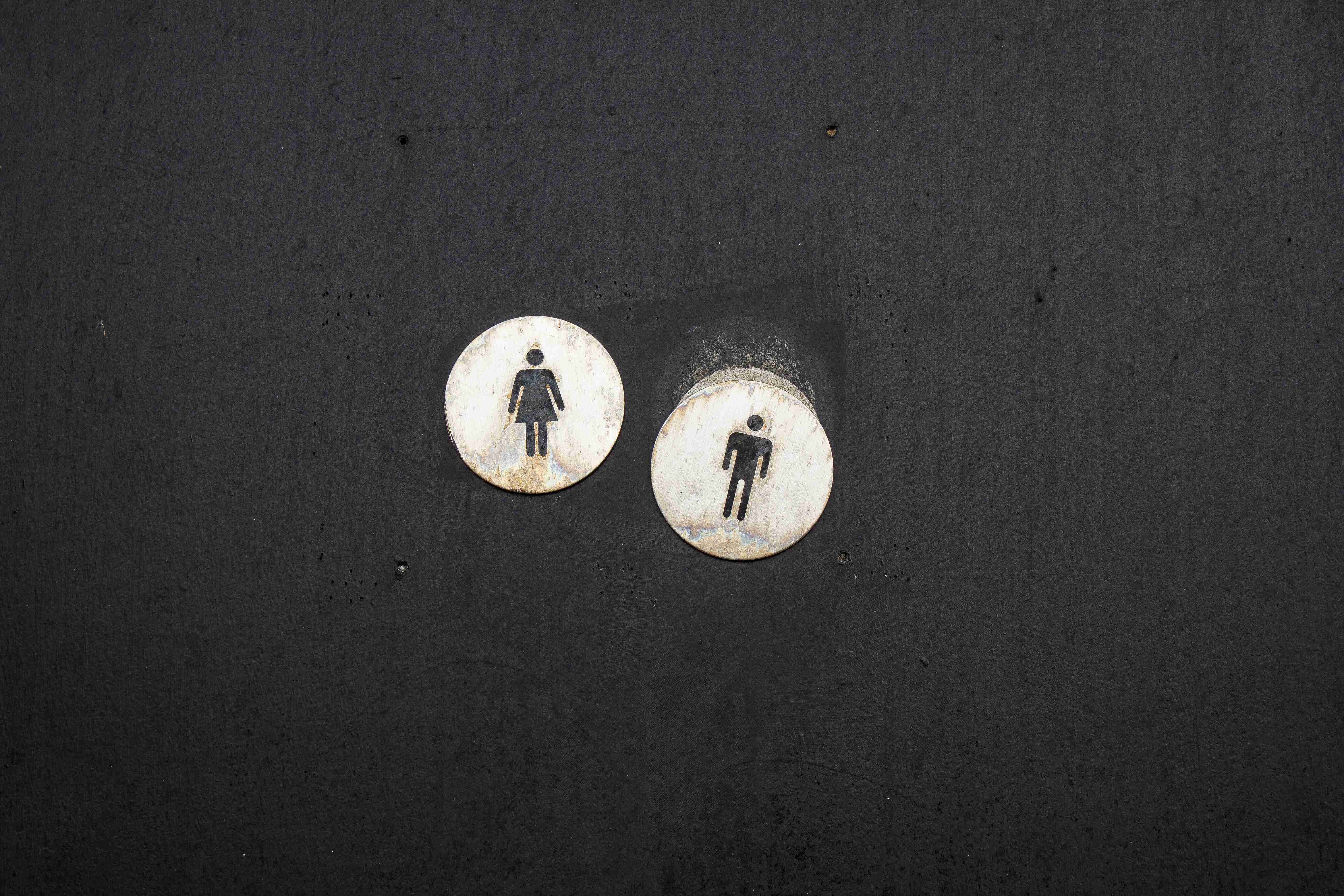Stereotyping is a topic that has long been discussed, debated, and studied. As a society, we tend to categorize people into groups based on characteristics such as race, gender, age, and nationality. Unfortunately, this can lead to the creation of inaccurate and harmful stereotypes that limit our understanding of others and affect how we treat them.
Growing up in Africa, I witnessed firsthand the damaging impact of stereotypes on individuals and entire communities. For instance, many people assumed that because I came from a rural area, I was uneducated, poor, and unable to speak English fluently. These assumptions not only hurt me but also limited my opportunities in life. I often felt like I was fighting against inaccurate negative perceptions of myself.
Unfortunately, stereotypes are not unique to Africa. They are a global issue that affects people of all ages, genders, and races. For instance, women are often stereotyped as caretakers who are not as competent as men in leadership roles. This has led to a lack of representation for women in positions of power and contributed to gender inequality in many countries.
Similarly, Hispanics are often stereotyped as alcoholics or drug addicts, which is both inaccurate and harmful. These stereotypes can lead to discrimination against Hispanics and prevent them from accessing the same opportunities as others.
The problem with stereotypes is that they create a simplistic view of the world that doesn't require much logical thinking. We tend to categorize people into groups based on a few characteristics, and then we make assumptions about them based on those characteristics. Unfortunately, these assumptions are often inaccurate and hurtful.
One of the most significant issues with stereotypes is how they shape our beliefs and attitudes towards others. When we believe in a stereotype, we begin to see the world through a narrow lens, filtering out any information that contradicts our preconceived notions. This can lead to prejudice and discrimination, further perpetuating harmful stereotypes.
For instance, if we believe that all Muslims are terrorists, we might be more likely to treat Muslims with suspicion and mistrust, even if they have done nothing wrong. This can lead to a cycle of discrimination and mistrust that affects entire communities.
In some cases, stereotypes can be outright dangerous. For example, in the United States, many African American men are stereotyped as criminals or gang members. This stereotype has led to the wrongful arrest and conviction of many innocent men and has contributed to the disproportionate incarceration of African Americans.
Name-calling is another form of stereotyping that can be hurtful and damaging. When we call someone "stupid," "crazy," or "incompetent," we are not only making a judgment about their behavior, but we are also labeling them as a certain type of person. This can be damaging to their self-esteem and make them feel like they are not capable of change.
Beliefs in stereotypes, especially of ethnic groups, are the foundation of prejudice. Once you strongly believe in a stereotype, it is very hard to change that belief because you have developed an emotional attachment to it and don't want to or aren't smart enough to change it.
So, what can we do to combat stereotypes? There are several things we can do, both as individuals and as a society. First, we can challenge our own beliefs and assumptions about others. We can try to see people as individuals rather than categorizing them based on a few characteristics.
Second, we can seek out diverse perspectives and learn about other cultures and backgrounds. This can help us understand the nuances and complexities of different groups and prevent us from relying on broad stereotypes.
Third, we can speak up when we witness stereotyping or discrimination. We can call out harmful language and behavior and educate others about the dangers of perpetuating harmful stereotypes.
Finally, we can work towards creating a society that values diversity and inclusion.


Login to join the discussion